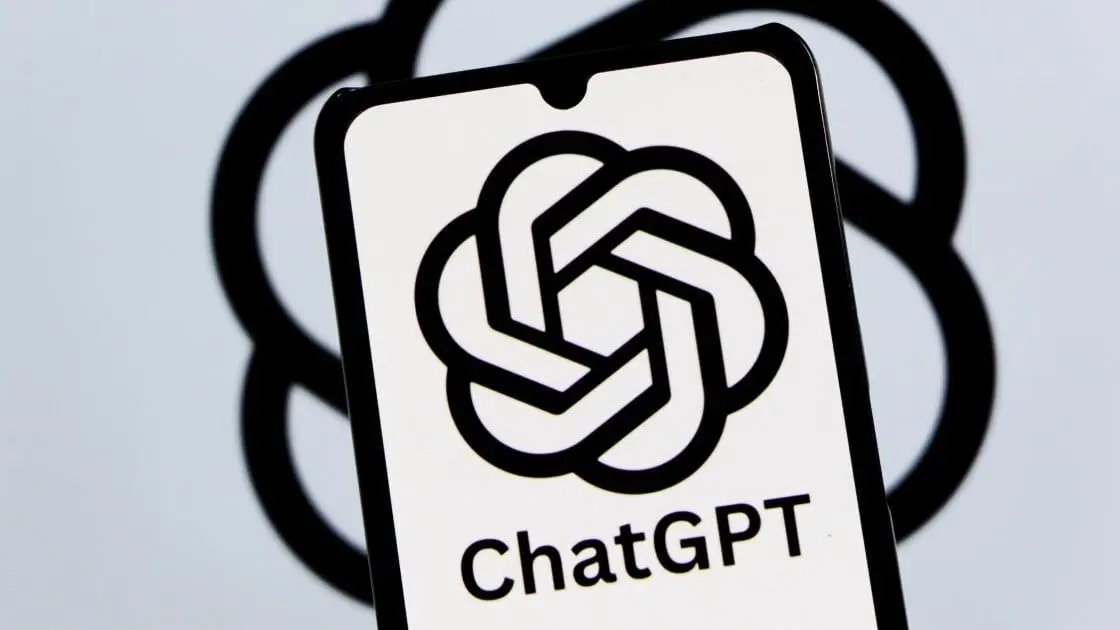AI-Generated Fake Song Overshadows Tyler, The Creator's New Album Release
2 Sources
2 Sources
[1]
Tyler, the Creator's New Album Is Getting Buried by AI Knockoff
On top of the glut of social feeds and streaming services they have to maintain, artists and their representatives are now fighting AI bots for their listeners' attention -- and the humans aren't always winning. Acclaimed musician and producer Tyler "Tyler, the Creator" Okonma certainly didn't when his surprise summer album "Don't Tap The Glass" got largely undermined by low-effort AI slop. The American hip-hop artist first hinted at a new album drop earlier this month, with all signs pointing to a July 21 release date. This was par for the course for a contemporary publicity campaign, with some cryptic social media posts and a huge glass prop box in downtown Brooklyn drumming up buzz. All seemed to be going according to plan -- at least until July 20, the day before the drop, when the web became flooded with shoddy engagement bait meant to reel in anyone looking for "Don't Tap The Glass" before it had officially dropped. What they found instead was a hysterically bare bones AI-generated tune masquerading as an "album leak." The song's name? "Don't Tap The Glass," of course. TikTok influencers were among the first to notice the song's uncanny pop vibe, featuring the line "don't tap the glass" repeated ad nauseum over swelling chords, reminiscent of schlocky 2010s dance-pop. It couldn't be further from Tyler's typically fussy, genre-bending sound, resulting in unintentional comedy that, at the end of the day, probably helped propel the lazy knockoff to a viral sensation. Ironic clips of the song started gaining traction via meme accounts on Tik Tok, making their way to other platforms as the real album -- missing any song actually titled "Don't Tap The Glass" -- came out as scheduled. While the real album has since nabbed a number of favorable reviews from critics like Anthony Fantano and Pitchfork's Stephen Kearse, a reupload of the shoddy facsimile quickly grabbed top Google results. An upload of the AI deepfake released by "Niche Micro Celebrity Records" likewise holds the #2 spot for albums under "Don't Tap The Glass" on Spotify. And on TikTok, the top 10 results of a search for "Don't Tap The Glass" are dominated by the AI version, drowning out verified accounts posting about the real deal. One video is an edit of the aforementioned Anthony Fantano's infamous breakdown over Mac Miller's posthumous album "Circles" -- only instead of crying to the opening track "Good News," the music reviewer is weeping to the AI rendition of "Don't Tap The Glass." And a week out from the official release, posters on both TikTok and X-formerly-Twitter are still having a field day. "Don't Tap The Glass fake AI leak is gonna go down in history I think," pined comic artist Teo Suzuki, in a viral post that garnered over 2.5 million impressions. "Heard that more than the actual album lol," concurred a reply. Another user asked "like why is that sh** still playing in my head when i can't remember single song from the actual album??" While Know Your Meme, a project tracking internet phenomena, notes that this is an ironic, grassroots effort to keep the fake song trending, the fact that a chart-topping artist is competing for coverage with an AI-generated meme is nonetheless a pretty stark -- and annoyingly catchy -- sign of the times.
[2]
A Tyler, The Creator single 'leak' turned out to be an AI-generated fake and points to a whole cottage industry in misleading fans of games, music, and movies
As is the case with all good things, the first time I heard the 'leak' of Tyler, The Creator's 'Don't Tap the Glass' was on TikTok. A 'club banger' in the style of Avicii or even The Chainsmokers, it's not only noticeably shallow, but very much unlike anything else by Tyler, The Creator. That's because it's not. Instead, it's part of a breadth of YouTube videos marrying the clickbait stylings of old-school YouTube with the newfangled tools of generative AI. What a world we live in. Unlike when a creator would say GTA V had leaked in 2010, only to show nothing to back up the claim, what makes this particular use of generative AI so effective is that it can pass the sniff test for some internet users. Posted by user KLODJAN, the video titled 'Tyler, The Creator - Don't Tap The Glass! (Music Video)' launched just before the release of Tyler, The Creator's new EP and now has over 200,000 views. This same user has been using this tactic for months now and has seen some pretty big results. A 54-second video titled 'Sabrina Carpenter - Manchild (Music Video)' cashed in on the hype of Sabrina Carpenter's song of the same name and has since amassed over 100,000 views. What makes this specific sound unique is its context collapse. It has found its way onto TikTok, where over 800 posts use it, with another 50+ posts using a different upload of the sound. As well as this, videos with over 100k likes are making fun of it. Like the Sabrina Carpenter AI music video, it's a flash in the pan, but one that is getting some serious views. YouTube put out a statement in 2023 on the use of AI in the music industry. In it, YouTube said it "will embrace it responsibly together with our music partners." It claims it will support creators who use generative AI but will "empower creativity in a way that enhances our joint pursuit of responsible innovation." These rather nebulous claims leave a lot of room for interpretation. Clicking on KLODJAN's channel, the videos are currently monetised. YouTube does pay creators for AI-generated videos (as long as they're provably unique), but these videos being low quality, based on false premises, and going live without AI disclosures does suggest it won't stay monetised for very long. However, even if these channels lose monetisation, that doesn't mean YouTube won't put ads on the site; it just means creators are no longer incentivised with money to keep making them. Views may not always be monetisable, but subscribers are still a valuable asset for any channel. This is part of a broader trend happening on YouTube right now. Just looking for trailers for new games (like Elder Scrolls VI) or movies (like Avengers: Doomsday) shows a gulf of AI-generated trailers hogging up the search function. I didn't anticipate having to debunk my YouTube feed anytime I search for something new now, but alas, the 'wonders' of generative AI have made it so.
Share
Share
Copy Link
An AI-generated fake song titled "Don't Tap The Glass" went viral, overshadowing the release of Tyler, The Creator's new album and highlighting the growing challenge of AI-generated content in the music industry.
AI-Generated Fake Song Takes Center Stage
In a surprising turn of events, an AI-generated fake song titled "Don't Tap The Glass" has overshadowed the release of Tyler, The Creator's new album, highlighting the growing challenge of AI-generated content in the music industry. The incident began when Tyler, the Creator hinted at a new album drop earlier this month, with a planned release date of July 21
1
.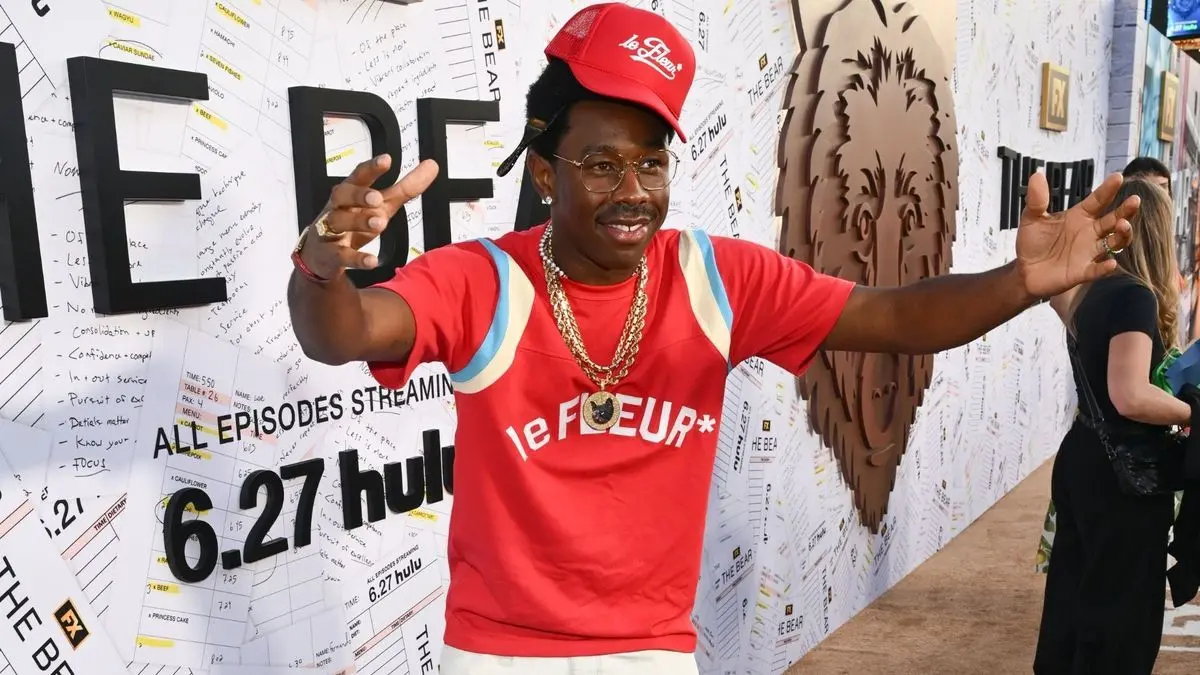
Source: PC Gamer
The Viral Fake Song
On July 20, the day before the official album release, the internet was flooded with a shoddy AI-generated tune masquerading as an "album leak." The fake song, also titled "Don't Tap The Glass," featured a repetitive chorus over swelling chords, reminiscent of 2010s dance-pop – a stark contrast to Tyler's typically genre-bending sound
1
.Social Media Amplification
The AI-generated song quickly gained traction on social media platforms, particularly TikTok. Influencers and meme accounts propelled the lazy knockoff to viral sensation status, with ironic clips and edits spreading across multiple platforms. Even a week after the official album release, the fake song continued to dominate search results and discussions
1
.Impact on the Official Release
While Tyler, The Creator's actual album has received favorable reviews from critics, the AI-generated fake has managed to grab top Google results and holds the #2 spot for albums under "Don't Tap The Glass" on Spotify. On TikTok, searches for the album title are dominated by content related to the AI version, drowning out verified accounts posting about the real album
1
.The AI Content Creation Trend
This incident is part of a broader trend of AI-generated content on platforms like YouTube. Creators are using generative AI tools to produce clickbait content, often misleading fans of games, music, and movies. YouTube has stated that it will "embrace [AI] responsibly together with our music partners," but the platform's policies on AI-generated content remain somewhat ambiguous
2
.Related Stories
Implications for the Music Industry
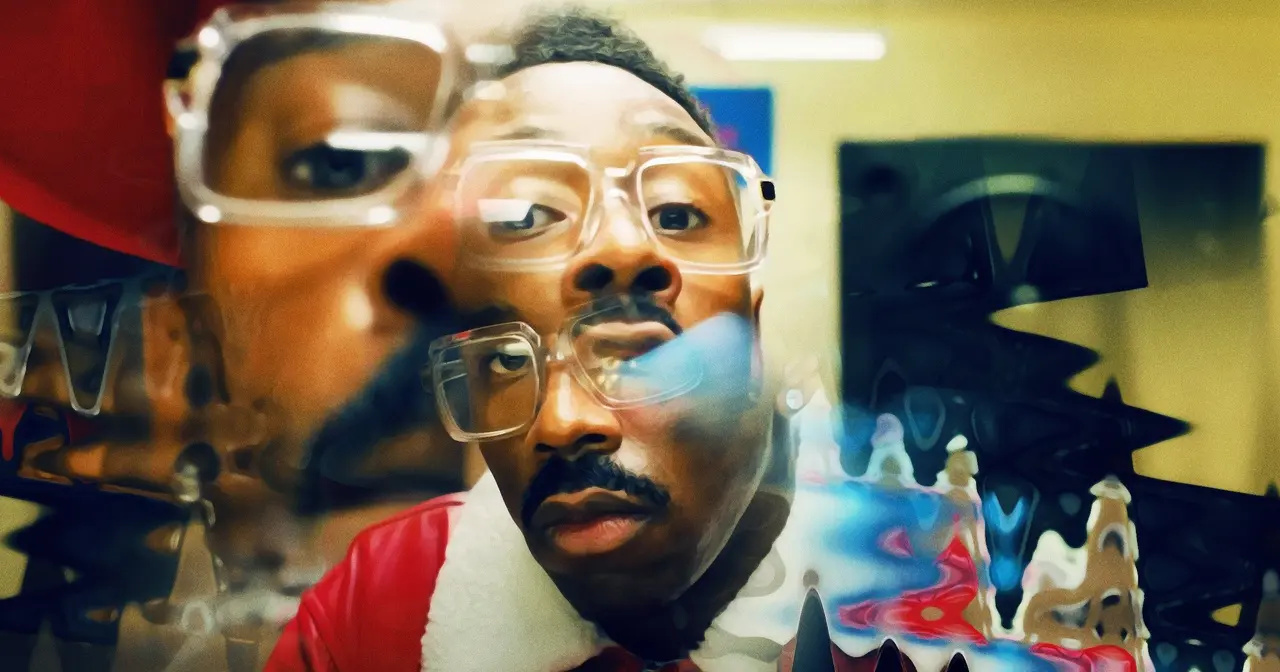
Source: Futurism
The viral spread of the AI-generated fake song raises important questions about content authenticity, fan engagement, and the impact of AI on artists' work. It demonstrates how easily AI-generated content can compete for attention with legitimate releases, potentially affecting artists' ability to promote and profit from their work
1
2
.The Future of AI in Entertainment
As AI technology continues to advance, the entertainment industry faces new challenges in distinguishing between authentic and AI-generated content. This incident serves as a stark reminder of the potential for AI to disrupt traditional promotional strategies and fan engagement in the music industry, necessitating new approaches to content verification and distribution
1
2
.References
Summarized by
Navi
Related Stories
AI-Generated Music Sparks Controversy: Fake Albums and Artist Impersonation on Streaming Platforms
26 Aug 2025•Technology
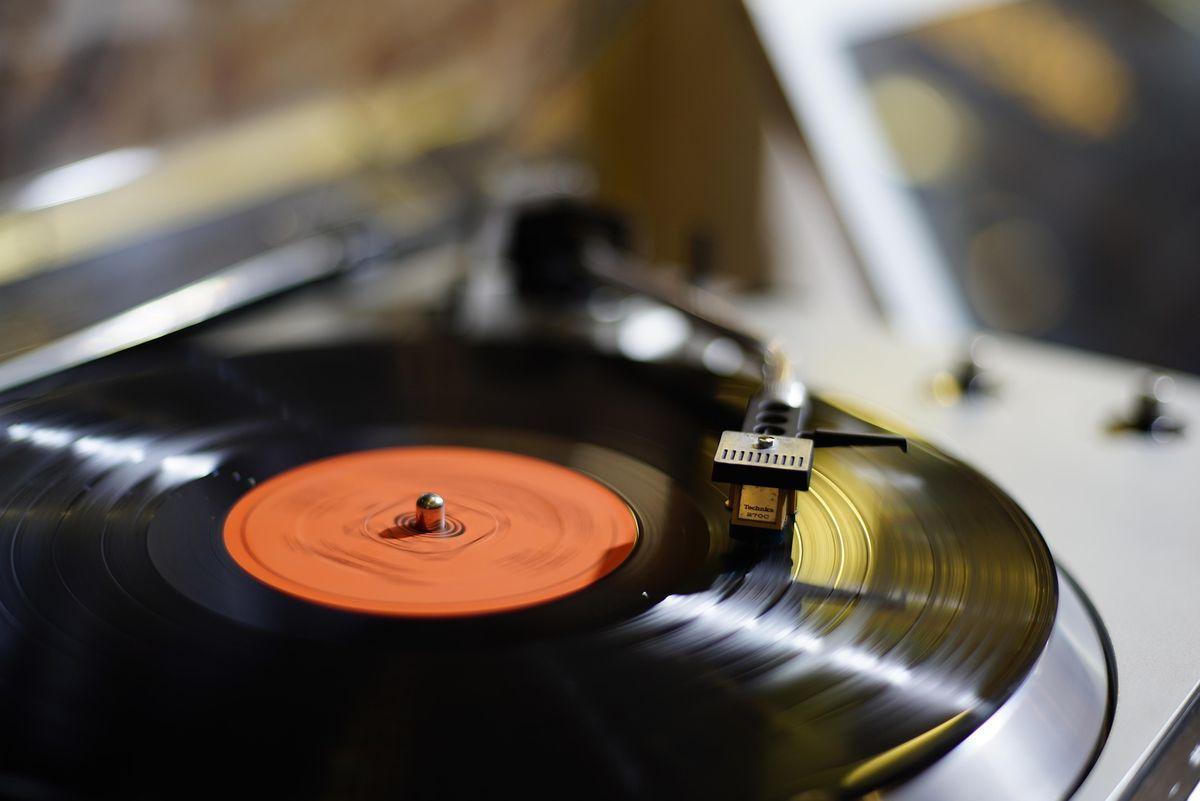
King Gizzard & the Lizard Wizard quits Spotify, only to be replaced by AI music clones
08 Dec 2025•Entertainment and Society
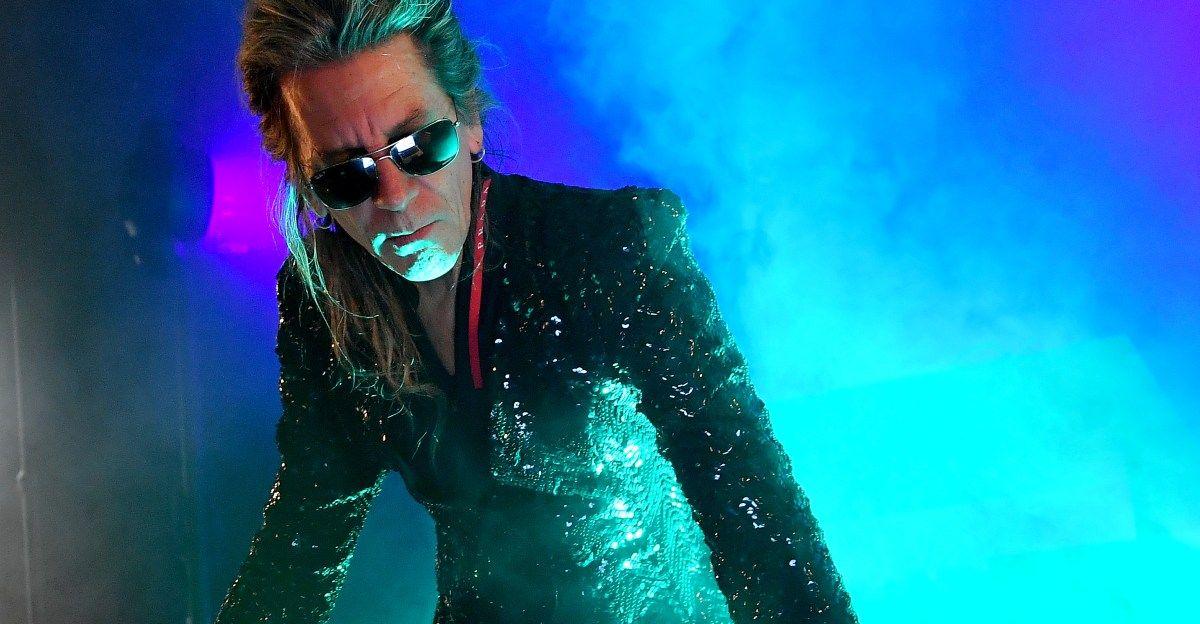
YouTube Music users furious as AI slop floods recommendations, threatening paid subscriptions
06 Jan 2026•Technology
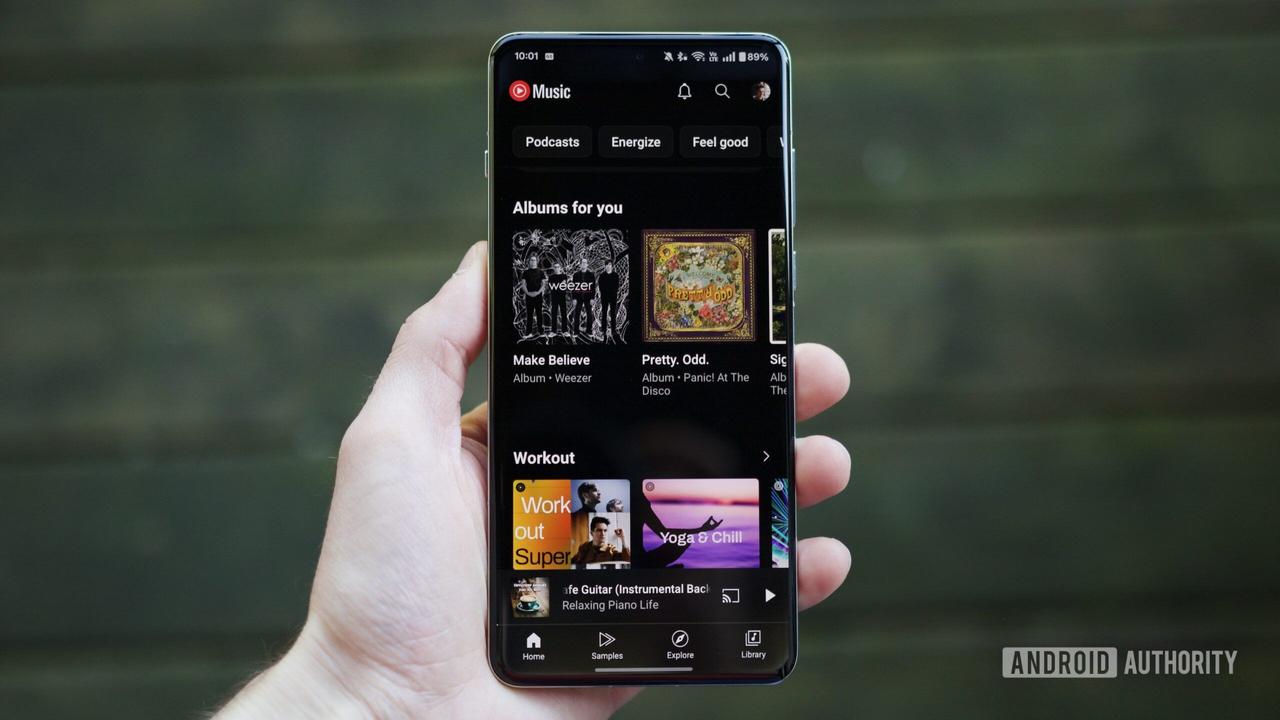
Recent Highlights
1
Anthropic releases Claude Opus 4.6 as AI model advances rattle software stocks and cybersecurity
Technology

2
French Police Raid X Office as Grok Investigation Expands to Include Holocaust Denial Claims
Policy and Regulation

3
Prima AI model reads brain MRI in seconds with 97.5% accuracy, transforming neurological diagnosis
Health


